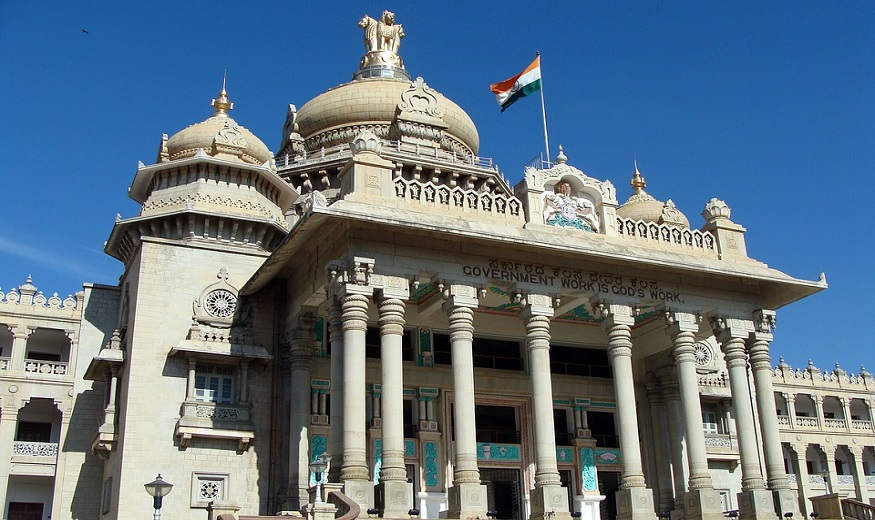
Indian government produces hydrogen fuel cell vehicle feasibility draft
July 15, 2020The Road Transport and Highways Ministry has invited stakeholder comments and suggestions.
India’s Road Transport and Highways Ministry announced its hydrogen fuel cell vehicle feasibility draft and is seeking comments and suggestions from stakeholders which include the general public.
The primary focus is to be on the evaluation of the safety of using H2 powered vehicles.
The ministry’s draft on hydrogen fuel cell vehicle feasibility was first revealed on July 10.
“It is proposed to include motor vehicles of Categories M and N, running on compressed gaseous hydrogen fuel cell, to be in accordance with AIS (automotive industry standard) 157:2020, as amended from time to time, till the corresponding BIS specification is notified under the Bureau of Indian Standard Act, 2016,” said the ministry in a statement it issued at the time of the release.
Furthermore, the H2 specifications for fuel cell vehicles will align with ISO 14687 until appropriate notification takes place as per the requirements of the Bureau of Indian Standard Act of 2016, said the release.
The ministry is also working on amending laws and regulations for hydrogen fuel cell vehicle use.
The ministry’s statement also pointed out that it had issued a draft notification GSR 436(E) on July 10, 2020. That notification proposed amending the Central Motor Vehicles Rule of 1989. The amendments would make it possible to include the safety evaluation standards for vehicles powered by H2.
As a component of this effort, is the ministry’s invitation for suggestions and comments. This is open to all stakeholders, which includes the general public. The comments and suggestions will help to shape the proposed amendment for the establishment of safety evaluation standards for vehicles powered by new renewable energy sources.
Anyone wishing to issue comments and suggestions on the amendments for hydrogen fuel cell vehicle regulations will need to send them to the Joint Secretary (MVL) of the Ministry of Transportation and Highways. This must be completed inside of 30 days of the initial publication of  the notification, said the announcement. This will play a role in steps India is taking to reduce carbon emissions which are causing substantial air quality issues in the country’s urban areas.
the notification, said the announcement. This will play a role in steps India is taking to reduce carbon emissions which are causing substantial air quality issues in the country’s urban areas.



 With over 15 years of reporting hydrogen news, we are your premier source for the latest updates and insights in hydrogen and renewable energy.
With over 15 years of reporting hydrogen news, we are your premier source for the latest updates and insights in hydrogen and renewable energy.